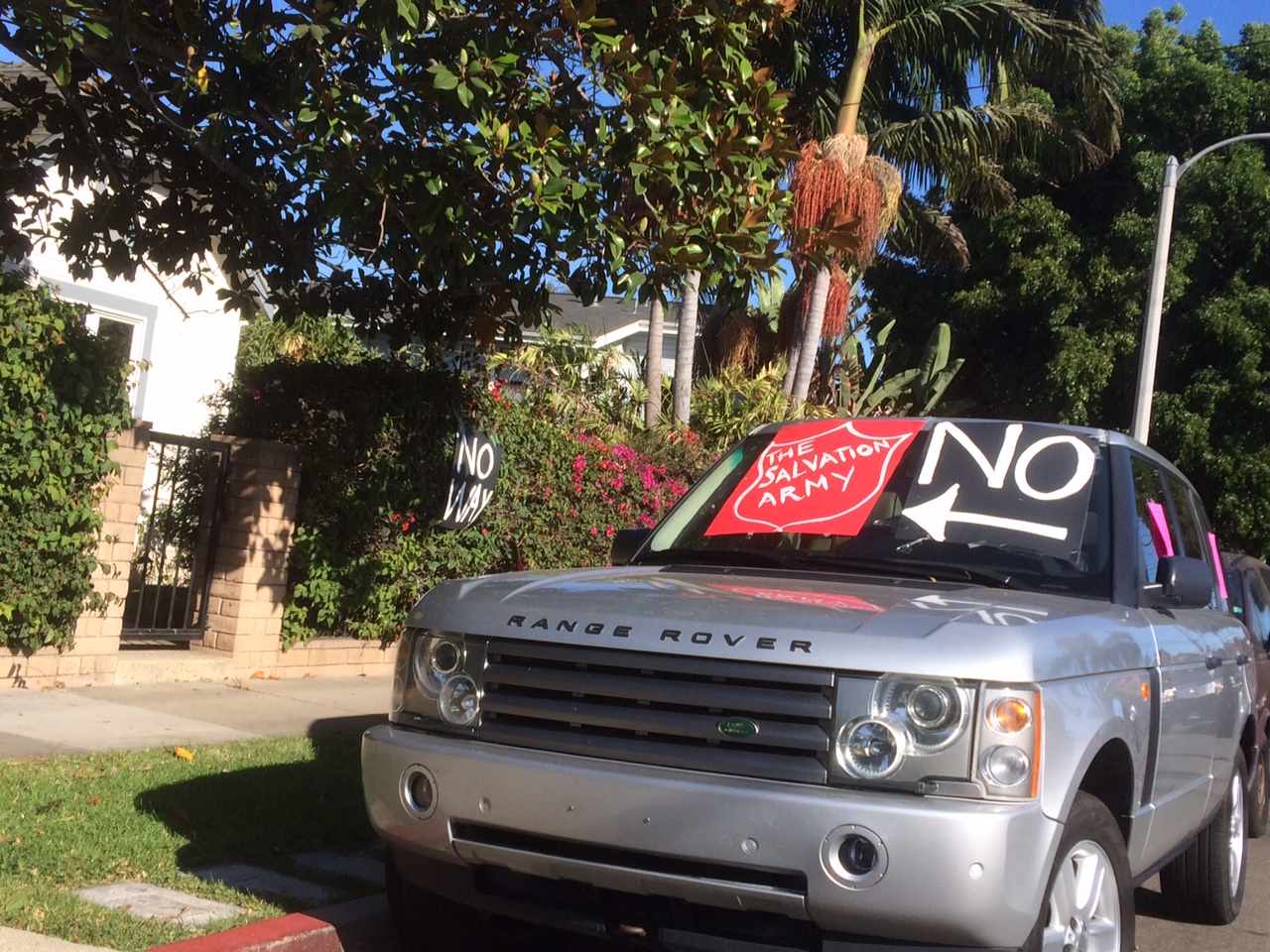The Eastside Is Better Than This
Let’s Put Our Values into Practice and Accept Formerly Homeless Neighbors

No one ever said living your values was easy. We volunteer to serve dinner at homeless shelters and soup kitchens and make our passive monthly donations to our charities of choice. But when it comes to putting our beliefs into daily practice, many of us fall short in actually embodying the character traits we idealize.
The Salvation Army has proposed a permanent supportive housing project in the residential heart of the Eastside. To be clear, this is not a shelter and the residents would not be transient. While the individuals would be formerly homeless, they will have been vetted by the organization for housing readiness, will sign a lease, and will have regular visits from case workers to ensure they are being respectful members of their residence and the community at large. It has been shown in areas throughout the country that the best way to combat homelessness is not by serving Thanksgiving dinner at a shelter or by donating clothes to a local charity. It is to give people a home. Santa Barbara is quite concerned with finding a solution to our homelessness problem, and this would be the solution for 14 homeless individuals.
The Salvation Army permanent supportive housing project has given the Eastside community the opportunity to participate in changing the lives of these 14 homeless individuals. The neighborhood has been presented with the opportunity to put our values into practice and show what a great difference can be made when people embrace their newest neighbors rather than reject them. However, instead of accepting the challenge, the neighborhood has chosen to fight this housing project and all of the personal and social growth it could foster.
I grew up in Santa Barbara and am baffled as to how such a liberal and forward-thinking community that spends so much time discussing solutions to homelessness could rally so strongly against actually taking action.
I am the mother of a toddler and a newborn, an Eastside homeowner and an Eastside resident. Yes, it is difficult and even scary for me to think about living a block and a half away from a permanent supportive housing project. Yes, I worry about what increases density will mean for the character of the neighborhood. However, how could I, in good conscience, teach my children about community and sharing and acceptance of people who are different from them, while in my daily life not practicing those values? The hypocrisy that comes with teaching my children one thing, but showing them another, is a path I never want to take.
I know many of the Eastside residents were at the recent Common Table event recently held on State Street. It was wonderful to see so many people from all different walks of life coming together for a night of conversation, food, and music. But it weighed heavily on my heart to see so many of the same people come to a community meeting to fight the exact thing the Common Table was trying to create.
How can we, with one hand, preach community, while with the other we actively fight against helping people at the time they most need it? It is not easy to take steps in our personal lives to change society as a whole. It involves being uncomfortable. It involves making sacrifices. But if we are not willing to step outside our comfort zone and take some risks, how can we ever expect anything to change?
Instead of expending so much effort on rejecting this project, why don’t we expend the same amount of effort on asking how we can help? Asking how we can make our new neighbors comfortable and welcome?
Homelessness is something that the community must come together to solve. If we make our new neighbors feel less than — other — rejected — unwanted — how will they ever reintegrate into the community to once again become productive members?
I challenge the Eastside neighborhood to take all of the rejection and hatred that is being directed at this project and redirect it toward love. Toward radical grace. Toward acceptance of these individuals. Be better than those who reject the others. The others are us.
Jett Black-Maertz works for Santa Barbara County’s Housing and Community Development and helped facilitate the committee that awarded the Homeless Emergency Aid Program (HEAP), but the opinions expressed here are entirely her own.



